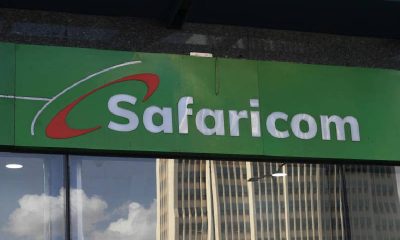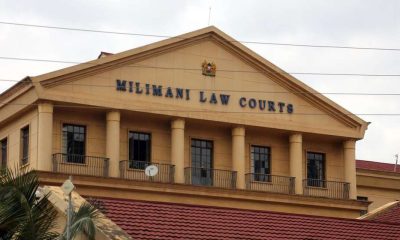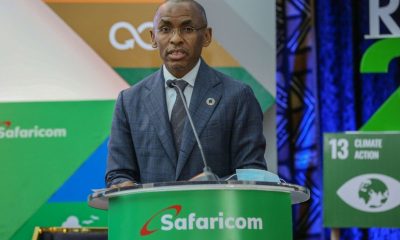Business
Airtel-Telkom Merger Flopping Before It Starts
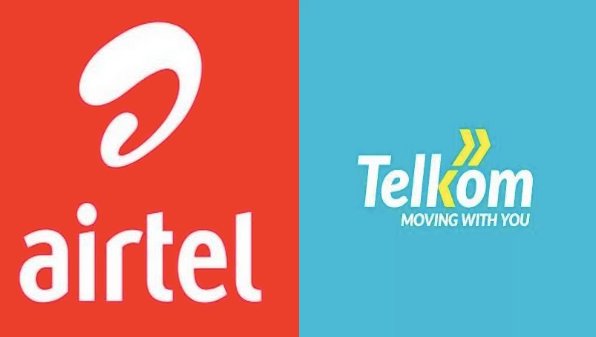
Airtel and Telkom Kenya planned merger plans are seriously dangling as EACC launches investigations into the merger details affecting the completion deadline agreed between the two companies.
Airtel and Telkom, that are without doubt Kenya’s second and third-largest telecommunications firms respectively, had set tomorrow, September 27, as the final date by which they were to have negotiated and signed the merger agreement that they first announced in February.
The Ethics and Anti-Corruption Commission, however, instructed regulators to suspend the merger pending the conclusion of investigations into how the transaction was conceptualized, and how the Treasury ceded further ownership of Telkom Kenya to Orange, the French multinational which later sold its stake to private equity fund Helios. The Treasury has a 40 percent stake in Telkom Kenya, initially a fully State-owned corporation, while Helios controls 60 percent shareholding.
“There is no chance it (the merger) will happen by Friday and there is no guarantee that Airtel will agree to a new signing date especially with the uncertainty of the ongoing investigations,” said a source familiar with the ongoing transaction.
The merger was the pride of the two telcos and a lifeline by increasing their subscriber base, reducing their average operating costs and increasing their economies of scale. In turn, these were expected to increase the competitive edge of the merged entity against Safaricom.
Sources involved in the negotiations have stated that if the deadline is missed, this could possibly lead Airtel to walk away from the deal, weakening the two operators’ chances of challenging Safaricom’s dominance of the market on the one hand and making it difficult for them to leverage their respective strengths in the merged entity on the other.
“A board meeting has been called next week where the issue of the merger will be discussed with a view of negotiating new timelines with Airtel,” said another source with knowledge of the matter.
EACC last month instructed the communications regulator and the Competition Authority to suspend their approval of the merger to allow investigators to review a 2012 restructuring that whittled down the government’s stake in Telkom Kenya. The investigation has been going on without clarity on when it will be completed.
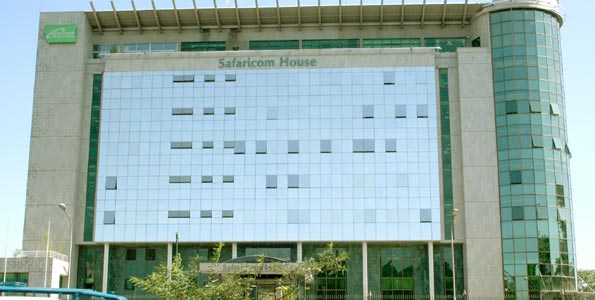
Acting Safaricom Chief Executive Officer Michael Joseph stated through a statement to the media that the company is not opposed to the merger between Airtel and Telkom Kenya as it has been alleged before but raised three concerns among them the Ksh.1.3 billion debt the two companies owe the Telco giant.
“While we are supportive of industry changes that seek to deliver greater choice and value to consumers, we have raised valid concerns that we hope the regulator will consider and address as part of the approval process. The first is the debt owed by the two operators, amounting to KES 1,297,448,468.88, incurred for the provision of various services including interconnection, co-location and fibre services. This debt is due and payable, based on the agreement to provide services entered into with the two entities as distinct operators,” reads the statement.
Telkom Kenya, which has been making losses for the past ten years, has been surviving on asset sales, making the merger urgent for its survival. Airtel Kenya, on the other hand, is keen to grow its revenues by leaning on the economies of scale expected from the merger. EACC has been questioning both former and current officials on how the government shareholding was diluted during a restructuring in 2012.
Telkom was privatised in 2009 when France Telecom bought a 51 percent stake from the government, which held on to the other 49 percent. Between 2009 and 2016, France Telecom invested $900 million (Sh90 billion) into the business while the governed put in $100 million (Sh10 billion).
In 2015, France Telecom sold its stake to Helios, a Private Equity firm that agreed to put money into the business on condition that the regulator would review mobile termination rates (MTR), a fee charged on calls and texts completed on rivals’ networks. Helios was also promised regulatory interventions on inter-operability and national roaming services. In exchange, the government, got a 10 per cent stake that raised its shareholding to 40 per cent under the Helios deal and also got interest in 40 percent of shareholder loans advanced by France Telecom to the company.
Helios has reportedly invested $50 million (Sh5 billion) that went into network rolling, rebranding, T-Kash (mobile money service) and leveraging debt. The government on its part gave Telkom a 4G license valued at Sh2.5 billion, a payment in kind for its commensurate stake. Despite the investments, Telkom Kenya is still deep in the red, a factor it attributes to the high costs of running the mobile telephone business.
Management consultancy firm McKinsey, which studied the viability of the business last year, concluded that its mobile business unit could neither keep up with the required investments in technological advancement nor carry the costs and compete with global players with economies of scale and with operations in more than one country. The study recommended a merger with Airtel and regulatory interventions to allow the firm to compete.
The report said that even with a significant inflow of shareholder funds, the mobile business structure was untenable. Telkom was making about Sh3 million per base station but incurring twice as much in costs. Both Airtel and Telkom are running 1,600 base stations each. Safaricom, with 5,000 bases stations, serves 31.8 million subscribers and makes 20 times Telkom’s revenue, which brings down its average operating costs.
A merger between Telkom and Airtel would result in a combined 17.3 million subscribers and 3,200 base stations, but which would be cut down to about 2,500 once the two companies bring down those in close proximity to each.
The merged entity would also have an edge with economies of scale in procurement, sales, and distribution. For instance, while Safaricom normally leverages on Vodafone and Airtel on its mother company while making capital expenditures, Telkom has to go to the market alone, missing out on quantity discounts.
What happens to be taken as a threat to Safaricom, the merged firm between Airtel and Telkom is probably going to be a superior network with a bandwidth of 77.5 for its approximated 17. 3 million subscribers while Safaricom, Kenya’s leading firm, will have 57.5 percent spectrum for its 31.8 million subscribers.
The merged entity will take up the mobile subscribers, fiber and part of Telkom’s enterprise business that is not linked to government and security services, base stations and the distribution network. Telkom Kenya could shrink to about a tenth of its size, and be left with managing services for government and security organs.
It will also be allowed to keep real estate whose valuation is estimated at about Sh10 billion. However, sources say that if the merger is not concluded in good time, Telkom’s thinning real estate portfolio is unlikely to sustain the company over the long term given its accumulated losses and mounting debt. A move to destabilize the merger has been blamed fully on Safaricom And CAK.
Kenya Insights allows guest blogging, if you want to be published on Kenya’s most authoritative and accurate blog, have an expose, news TIPS, story angles, human interest stories, drop us an email on [email protected] or via Telegram
-

 Grapevine5 days ago
Grapevine5 days agoAlleged Male Lover Claims His Life Is in Danger, Leaks Screenshots and Private Videos Linking SportPesa CEO Ronald Karauri
-

 Lifestyle1 week ago
Lifestyle1 week agoThe General’s Fall: From Barracks To Bankruptcy As Illness Ravages Karangi’s Memory And Empire
-

 Americas2 weeks ago
Americas2 weeks agoEpstein Files: Bill Clinton and George Bush Accused Of Raping A Boy In A Yacht Of ‘Ritualistic Sacrifice’
-

 Investigations1 week ago
Investigations1 week agoEpstein Files: Sultan bin Sulayem Bragged on His Closeness to President Uhuru Then His Firm DP World Controversially Won Port Construction in Kenya, Tanzania
-

 News2 weeks ago
News2 weeks agoAUDIT EXPOSES INEQUALITY IN STAREHE SCHOOLS: PARENTS BLED DRY AS FEES HIT Sh300,000 AGAINST Sh67,244 CAP
-

 Business2 weeks ago
Business2 weeks agoKRA Can Now Tax Unexplained Bank Deposits
-

 Grapevine23 hours ago
Grapevine23 hours agoRussian Man’s Secret Sex Recordings Ignite Fury as Questions Mount Over Consent and Easy Pick-Ups in Nairobi
-

 News1 week ago
News1 week agoState Agency Exposes Five Top Names Linked To Poor Building Approvals In Nairobi, Recommends Dismissal After City Hall Probe





